Volume 4
ISBN 978-186043 5157 / ISSN 2514-3123
https://doi.org/10.37186/swrks/4.1
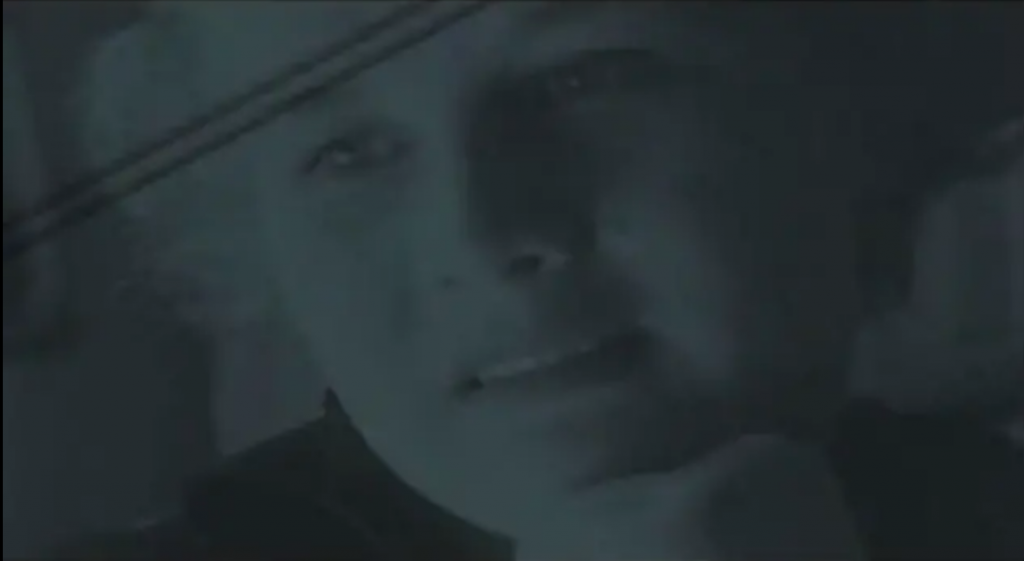
Volume 4 of Screenworks (2013) was edited by Dr Charlotte Crofts and associate editor, Dr Steve Presence, both based atthe University of the West of England (UWE) Bristol with the support of the Digital Cultures Research Centre.
The first submission of Volume 4, Lizzie Thynne’s evocative biography, On The Border is a complex multi-layered work portraying place, absence and subjectivities – merging biography and autobiography in its exploration of the life of author’s mother, Lea through the family archive.
The second work is Wyn Mason’s visually arresting reflection on urban and rural landscapes, intergenerational relationships and memory, Trails. The film combines moving images, stills and archive photographs, together with a sensory soundtrack featuring poetry by Paul Mason and music by Ben Challis and Rob Smith. We are thrilled that the peer-review process fed into the development of the finished film, which we believe is a first for the peer-reviewed publication of screen media practice research.
The third work is Shannon Magness’s challenging documentary, U Know Them By Their Fruit, which explores her ambivalent relationship with her right-wing cousin, Jay – who passionately believes that only white men should be allowed to vote in the USA. The film and accompanying research statement explore the problem of representing the extreme familial ‘other’. Drawing on – and troubling – Michael Renov’s concept of domestic enthnography, Magness subtly explores the intersubjective relationship between Jay and herself. Viewed in the context of current political developments, such as the UK backlash in the aftermath of the Woolwich killing and the epidemic of racist attacks in Greece, Magness’s film walks a tightrope between tolerance and abhorrence, sometimes agreeing with Jay’s anti-US government stance, but always aiming for an unfinalised representation of both filmmaker and documentary subject.
The fourth work is Les Roberts and Ryan Shand’s In Search of Pleasures Past, a nostalgic oral history project which documents amateur filmmakers’ reflections on the reception of two films about New Brighton, a seaside resort on the Wirral. The film operates on more than one level, on the one hand it is a paean to the past – both the forgotten pleasure park celebrated in the first film, Fair Play (1966) but long gone by the second, Pleasures Past (1974) – and a eulogy to the residual medium of Super 8mm film on which they are both recorded. On the other hand, it is a meditation on amateur filmmaking and its role in the local community, documenting the research process of the AHRC Mapping the City in Film project, University of Liverpool, from which the film arose. The mix of interviews with the cine club members and sequences of their footage from the original films enables a thought-provoking dialogue between past and present, “this is a film about a film. It is also about a place, its decline and the poignancy of memory”.
The fifth screenwork of Volume 4, Jolene Mairs’ Unseen Women: Stories from Amargh Gaol, a powerful film which documents women’s prison memories from all sides of the conflict in Northern Ireland. Part of the Prison Memories Archive project, headed up by Cahal McLaughlin, the film stitches together the audio-video histories of women involved with Armagh Gaol during the Troubles, including a former prison officer, a loyalist and republican inmates and the Open University tutors who visited them. The filmmaking process, documented in the accompanying research statement, offers an ethical alternative to traditional documentary practices, where participants are given editorial control as opposed to relinquishing ownership to the production company. The film uses the technique of located memory gathering, recording the on-screen participants reminiscing whilst walking around the derelict prison, without the prompt of a formal interview. Unlike some conventional documentaries, the film does not resort to illustrative cutaways, allowing the women’s testimonies to butt up against each other, thus presenting their disparate perspectives in the same physical space, allowing their voices to be heard and asking us to navigate the uncomfortable past and its reconciliation.
The sixth work is Aparna Sharma’s Kamakha: Through Prayerful Eyes a lyrical documentary which explores the dilemma of representing the unrepresentable figure of the Goddess Kamakhya enshrined in an ancient fertility worship site in Northern Assam. The Temple of Kamakhya is unique in offering no image of the devi or goddess. Instead her yoni or female organs are said to be contained in a sacred rock which is also the source of a natural spring. The rock, which is covered by a red cloth, is not allowed to be photographed or filmed, but devotees are instead invited to touch it. Intrigued by this haptic form of devotion and the very invisibility of this female icon in the context of theories of woman as image / “to-be-looked-at-ness”, Aparna’s film skirts around the temple, observing worshippers’ interaction with the space and interviewing local craftsmen and artists about their interpretation of the site.
Finally, we are honoured to feature, Stone Street, by the late Elspeth kydd, a compelling auto-ethnographic documentary which examines the Trinidadian diaspora through the lens of her family home in the eponymous Stone Street, Port of Spain. The film offers a moving autobiographic portrait of the Cherrie family and its branches in the US, UK and Canada, mixing home-movie Super 8 footage, photographs, musical recordings and interviews with a lyrical first-person narration. This absorbing film questions the very notion of ‘home’, moving beyond a simple record of family life to become a layered exploration of identity, history, race, representation, place and belonging. Stone Street premiered at Trinidad & Tobago Film Festival, 2012 where it won the award for Cultural Diversity. We are honoured to publish the film here in memory of Elspeth who died prematurely, shortly after completing Stone Street, in April 2013. We are also indebted to Yoram Allon and Tom Cabot at Wallflower Press and editor Alisa Lebow for allowing us to reprint Elspeth’s reflective essay ‘Looking for Home in Home Movies’ in lieu of a research statement.
Contents
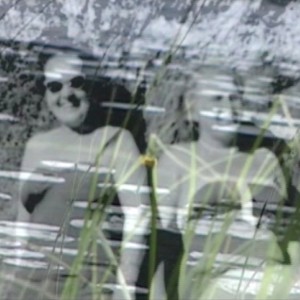
Author: Lizzie Thynne
Format: Experimental biography
Duration: 56′ 42″
Published: March 2013
On the Border is an experimental biography which explores the staging of memory through a family history…
Read More
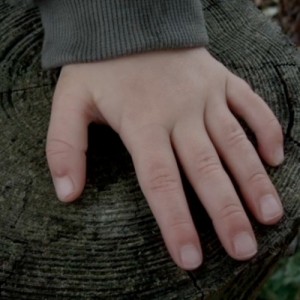
Author: Wyn Mason
Format: Poetry-film
Duration: 24′ 51″
Published: May 2013
A middle-aged man has lost his enthusiasm, he simply goes through the motions of living while something inside of him has frozen in this poetic reflection on memory…
Read More

Author: Elspeth kydd
1966-2013
Format: Digital Video/Super 8
Duration: 1:11’32”
Published: November 2013
The late Elspeth kydd’s personal exploration of Trinidadian diaspora through the central locus of the eponymous family home…
Read More
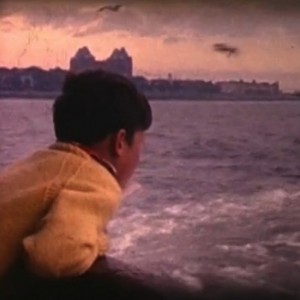
Author: Les Roberts and Ryan Shand
Format: Video-based oral history
Duration: 13′ 33
Published: July 2013
A documentary exploring the impact of amateur filmmaking on the memories and community of coastal Merseyside…
Read More
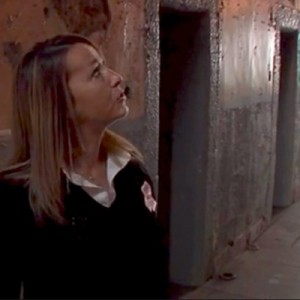
Author: Jolene Mairs
Format: Collaborative post-conflict documentary
Duration: 26′ 14″
Published: July 2013
Documentation of women’s prison memories from all sides of the conflict in Northern Ireland…
Read More

Author: Shannon Magness
Format: Digital Video
Duration: 1:01’48”
Published: May 2013
An auto-ethnographic film about an encounter between the filmmaker and her American right-wing extremist cousin…
Read More
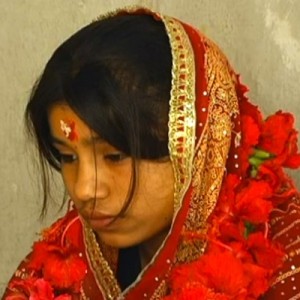
Author: Aparna Sharma
Format: Digital Video
Duration: 51′ 12″
Published: September 2013
An ethnographic study of the Kamakhya Temple, an ancient fertility worship site in India’s north-eastern state of Assam…
Read More
Supported by the Digital Cultures Research Centre at the University of the West of England, Bristol


